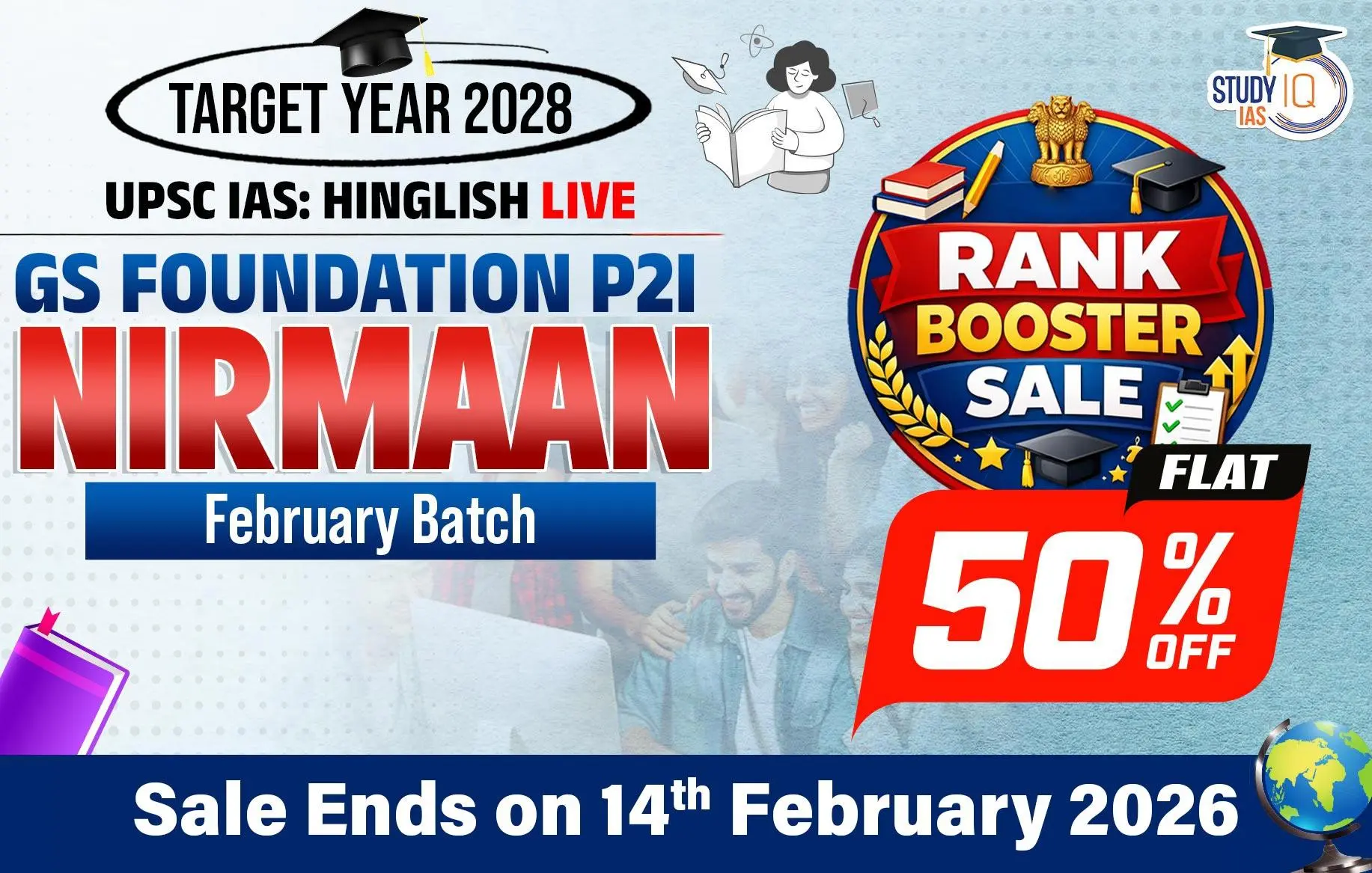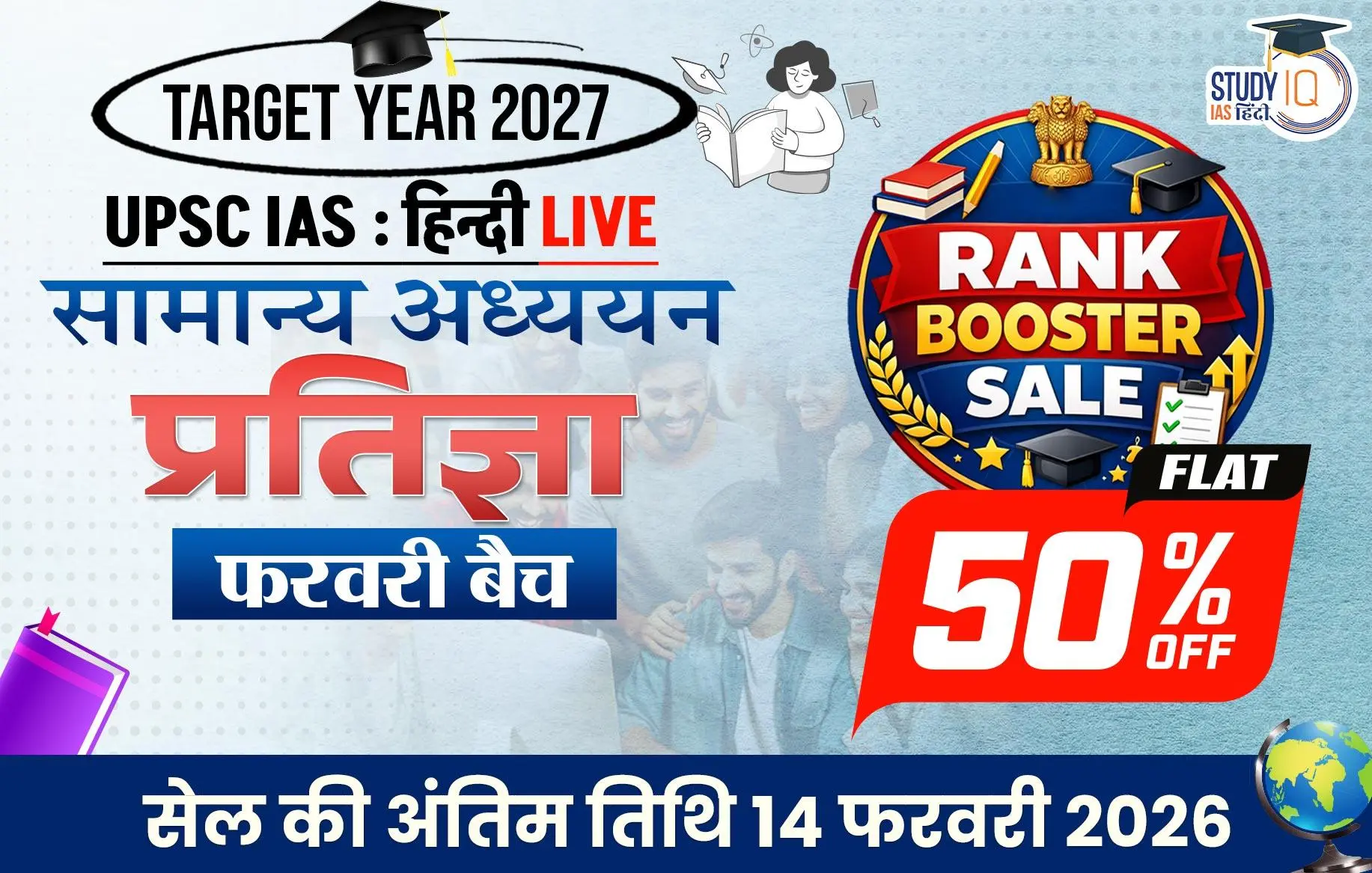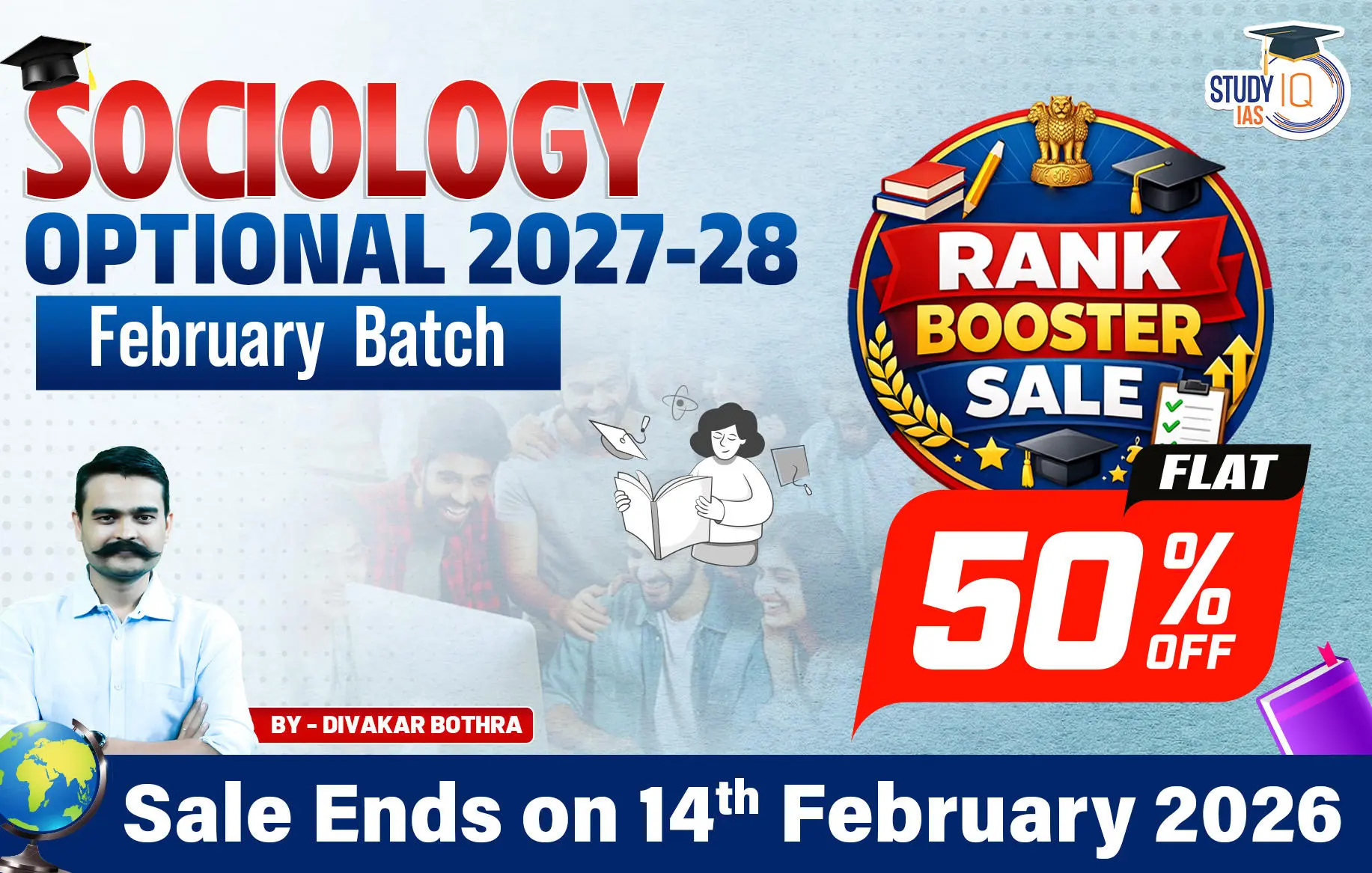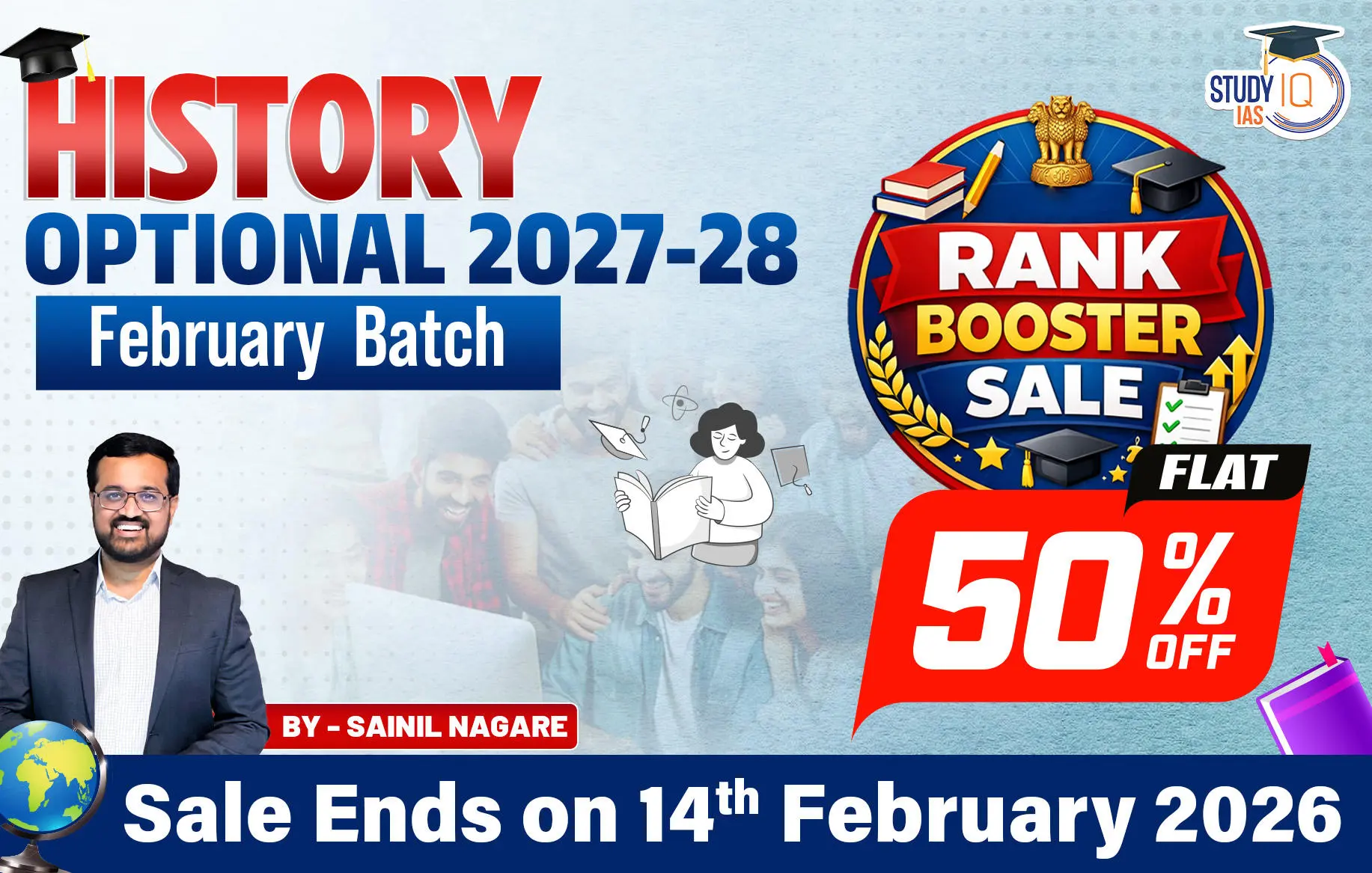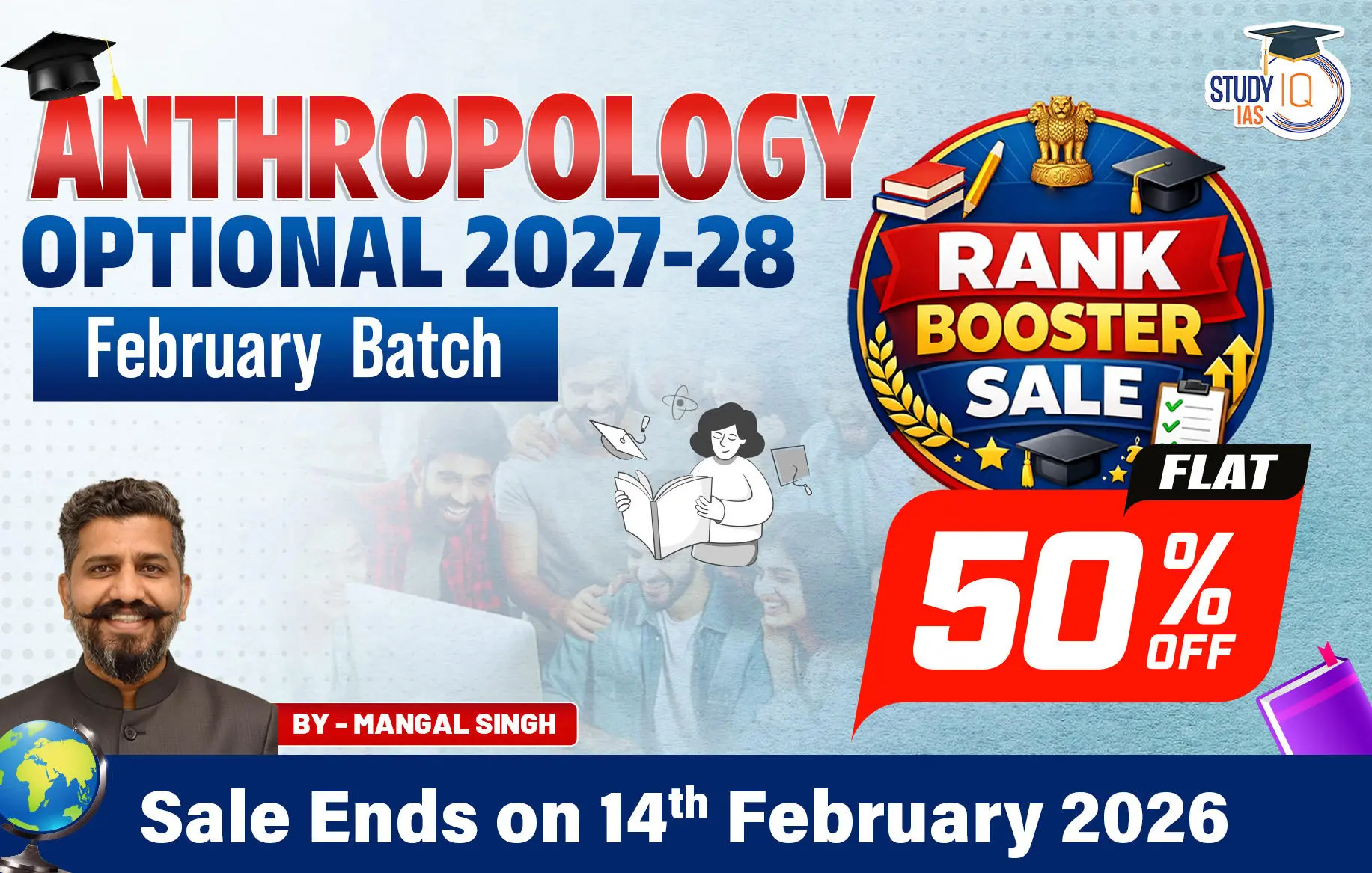Table of Contents
Context
- India’s rapid urbanisation is leading to a blurring of lines between urban and rural areas.
- Current policies often treat urban and rural areas as separate entities, hindering effective problem-solving.
What are the Challenges?
- Over-Centralisation and Financial Decentralisation: Financial decentralisation, which provides autonomy to local bodies, has been compromised.
- The 13th Finance Commission noted that local bodies were becoming “asphyxiated” due to financial constraints.
- Much of this issue stems from tied grants linked to centrally sponsored schemes and financial devolution.
- Example: Property tax increases in cities have not been linked to State Goods and Services Tax, leading to potential funding losses.
- Challenges with Current Flagship Programmes: Flagship programmes like the Swachh Bharat Mission (SBM) and the Atal Mission for Rejuvenation and Urban Transformation (AMRUT), initiated by the National Democratic Alliance (NDA) government, fail to adequately address the urban-rural continuum.
- AMRUT initially covered 500 statutory towns and now includes all statutory towns but leaves out census towns (population over 5,000) and urban villages (more than 23,000 in number), which are home to a significant portion of the population, including migrant and informal workers.
- Liquid waste management infrastructure, such as sewage treatment plants funded under AMRUT, does not cover contiguous areas like census towns and urban villages.
- This issue is particularly acute in states like Kerala, where 90% of the state is urban, making AMRUT funding difficult to utilise.
Governance Models and 73rd-74th Amendments
- The 73rd and 74th Constitutional Amendments created frameworks for local governance but need to be revisited and strengthened in today’s rapidly urbanising India.
- The District Planning Committees (DPCs), which include Zila Panchayats and urban local bodies, should play a stronger role.
- Currently, DPCs often function as appendages of district bureaucracies, but with more authority, they could address urban-rural issues more effectively.
- Example: In Kerala, where both rural and urban local bodies come under the Ministry for Local Self-Governments, a proposed solid waste landfill site on the outskirts of a town was withdrawn due to public pressure.
- This decision was made quickly due to the unified governance model, a process that would have taken much longer in other states.
- Example: In Kerala, where both rural and urban local bodies come under the Ministry for Local Self-Governments, a proposed solid waste landfill site on the outskirts of a town was withdrawn due to public pressure.
Need for Infrastructure and Governance Reforms
- India’s rapidly urbanising landscape requires urgent interventions in infrastructure and governance.
- The traditional separation of rural and urban local bodies is no longer adequate for managing the growing urban-rural continuum.
- Finances and resources should not be compartmentalised for rural and urban areas, especially when their boundaries are increasingly blurred.
- More autonomy and liberty in joint planning between urban and rural entities are needed to improve governance and infrastructure outcomes.
Conclusion
India’s urban-rural continuum requires a shift from a rigid, compartmentalised approach to governance and infrastructure development. Adopting a more integrated model, where local bodies have the flexibility to work collaboratively across urban and rural areas, will allow for more efficient and equitable growth. This change is essential as India transitions into a predominantly urban nation, ensuring that the evolving demands of both urban and peri-urban areas are adequately met.

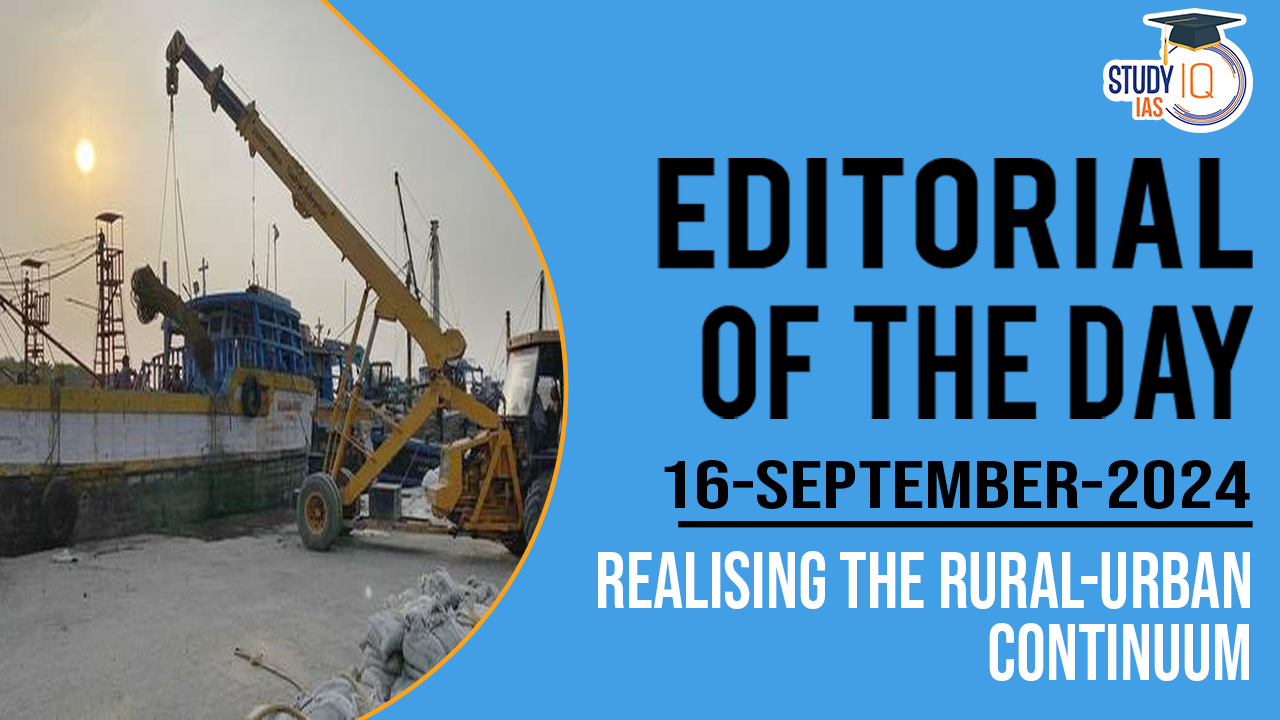
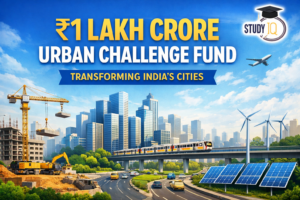 One Lakh Crore Urban Challenge Fund Appr...
One Lakh Crore Urban Challenge Fund Appr...
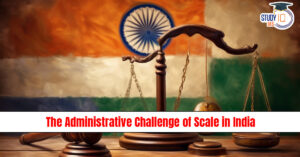 The Administrative Challenge of Scale in...
The Administrative Challenge of Scale in...
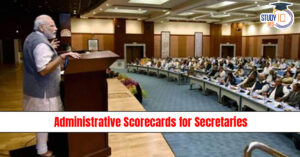 Administrative Scorecards’ for Secreta...
Administrative Scorecards’ for Secreta...

